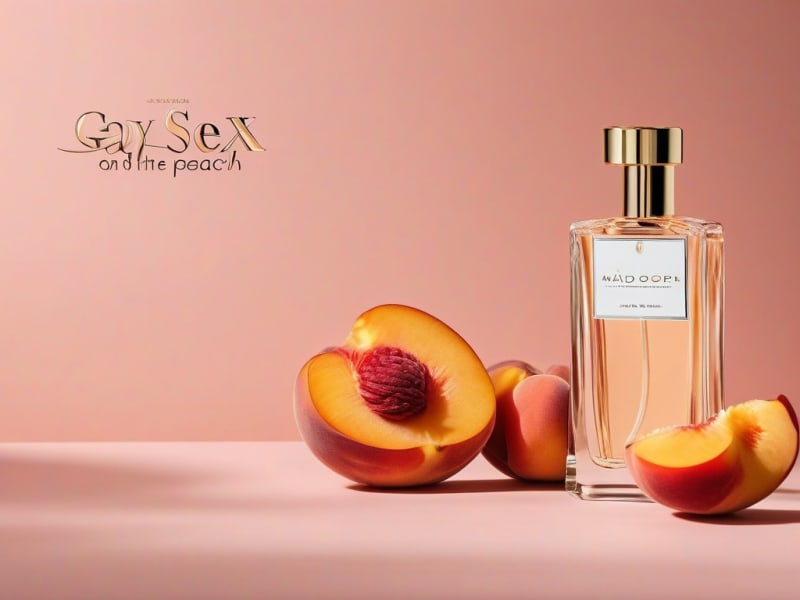About the formula
🍑Do you like peaches?🍑 Because today I am so happy to share with you a peachy, sunny and almost intoxicating accord made by Carter Weeks Maddox, the founder and perfumer of Chronotope, a brand that mostly speaks about body, language, contemporary subjects, object relations and perfume as a cultural text, covered in glorious scents created by Carter.
@chronotope_perfume
The Gay Sex on the Peach accord is used in one of Carter's fragrances called Playalinda, a scent structured around notes like peach, osmanthus, metallic notes, ambrette and vetiver.
Here, Carter's statement around this accord and perfumery:
Perfume frequently claims to evoke sex and bodies. But modern perfume, rooted in the Enlightment-era colonial practice of deodorizing bodies, is only rarely sex- or body-positive. No body, nor any of its secretions, has ever smelled of Ultrazur and/or Azurone—and none ever will.
—Likewise, fruity florals have been and still are sold via replications of Humbert Humbert’s gaze at / upon Lolita. But it’s also true that Humbert Humbert is a ped***ilic rap**t. It is bewildering and sad to see perfume marketing opt so often to infantilize and prey upon its target audience rather than reflect back to those wearers signals of their very real, very human subjectivities—and their agency.
—And perfume as an industry, including its consumer base, contains many queers. But queers and our experiences are rarely, if ever, explicitly represented in olfactive narratives. If it’s the juice that matters at the end of the day, we’ll need more than Ken doll bulges on bottles, please and thank you.
—Lastly, a more thoughtful, respectful, uplifting, and expressive perfumery can exist, I know it. But it won’t be achieved spontaneously. Instead, perfumers must render it into being ourselves.
The perfume this accord appears in, as well as the rest of the work I produce for Chronotope, proposes what I hope are meaningful, if imperfect, solutions—not compromises—that can help revise and then move beyond these object-relational, textual contradictions within modern perfumery. And I hope other perfumers might find my methodology of considering perfume in dialogic, intertextual terms relevant to and replicable within their own work.
Enjoy! 🍑
Last Updated:Nov 19, 2024
Material Count:16
Total Likes:0
Total Views:1160
Total Imports:-
